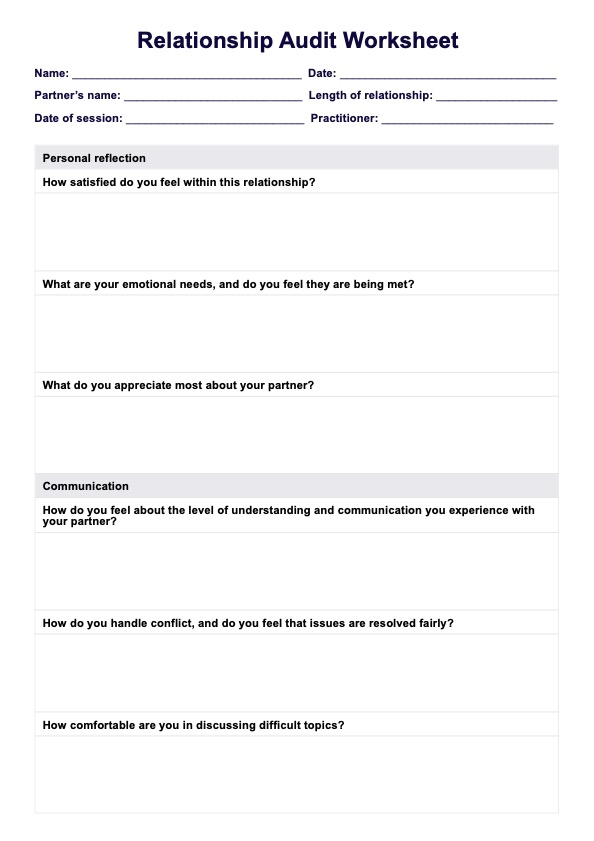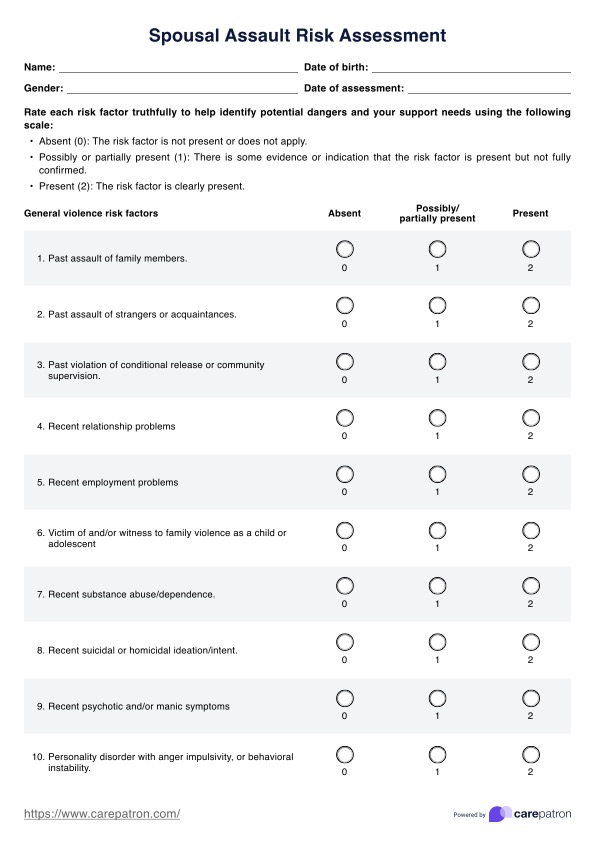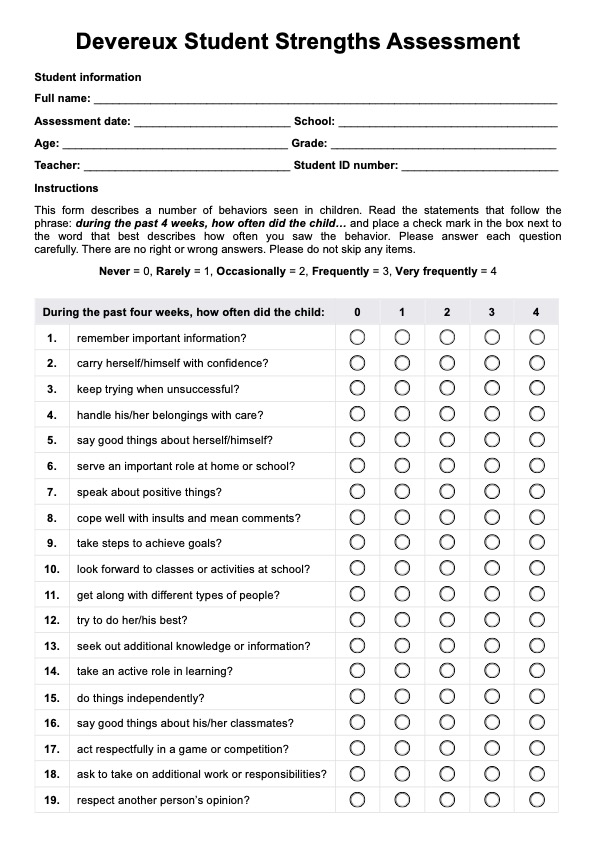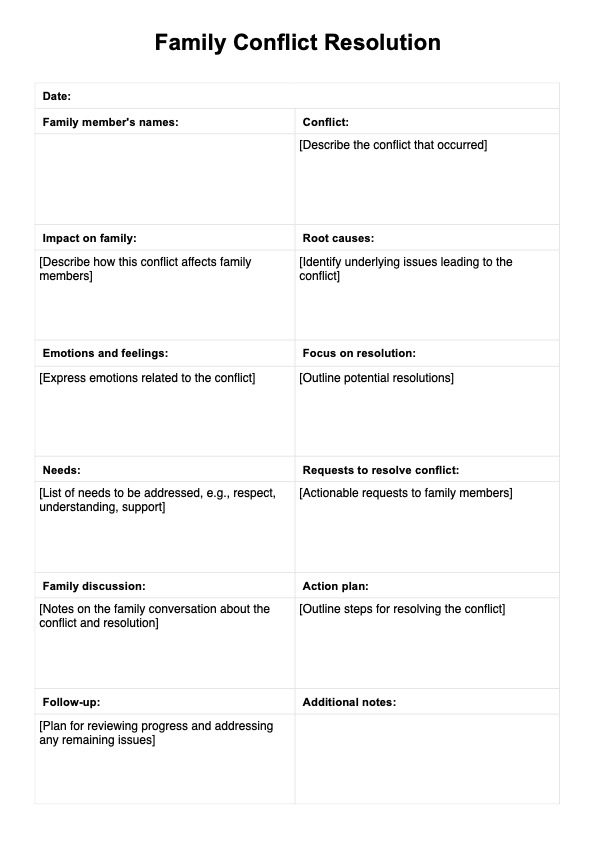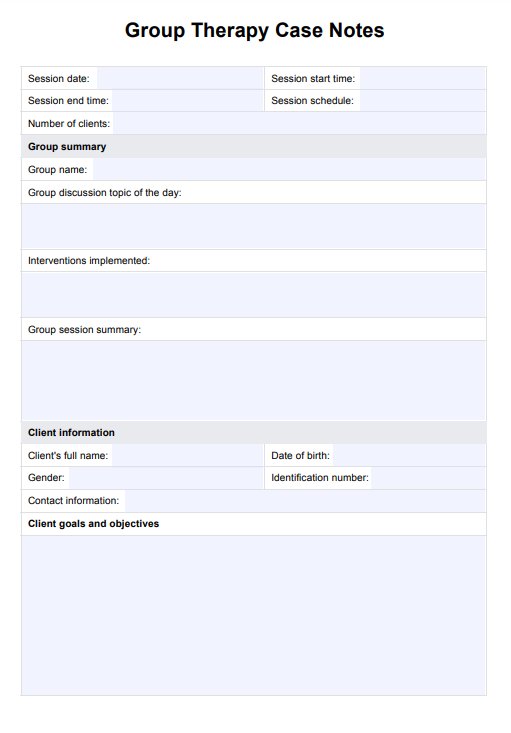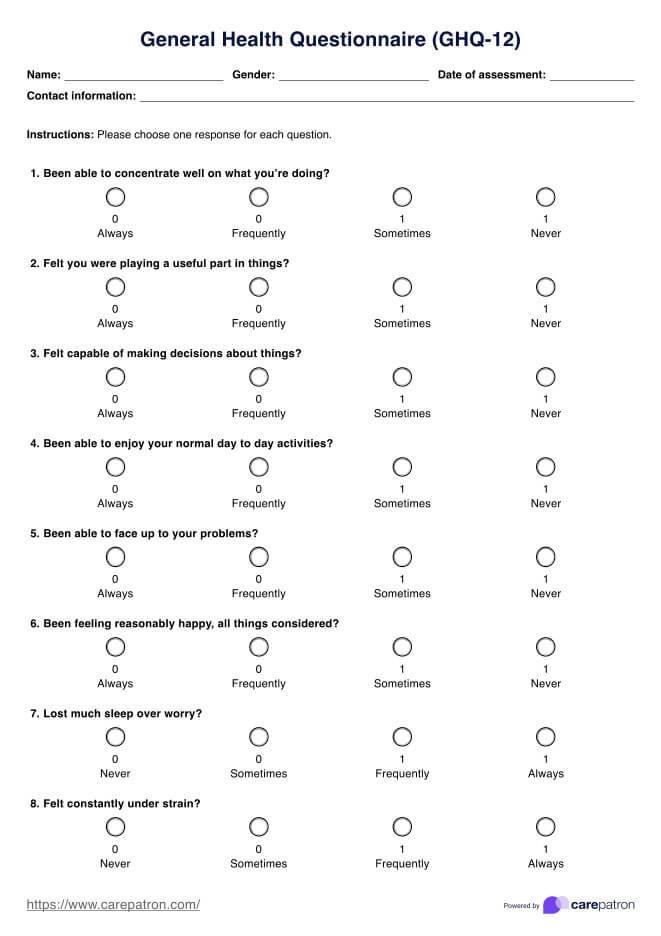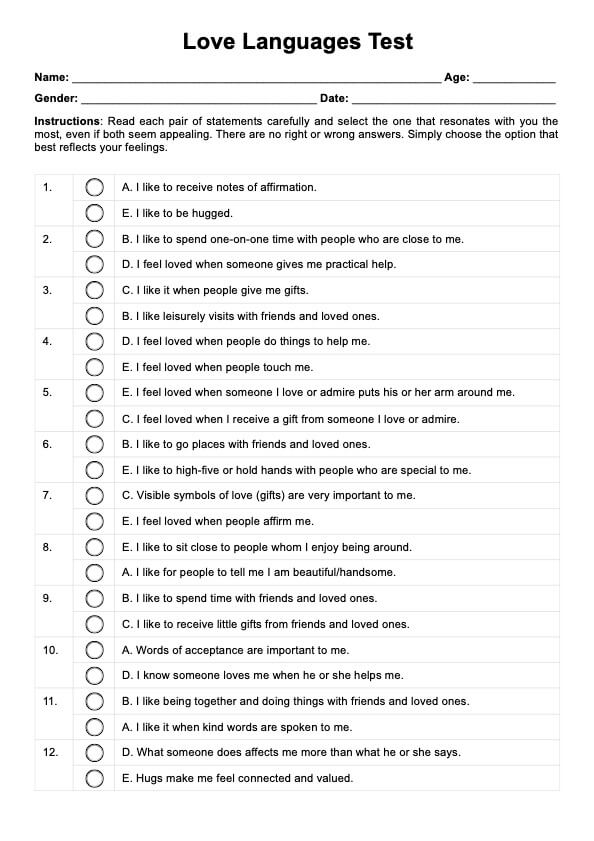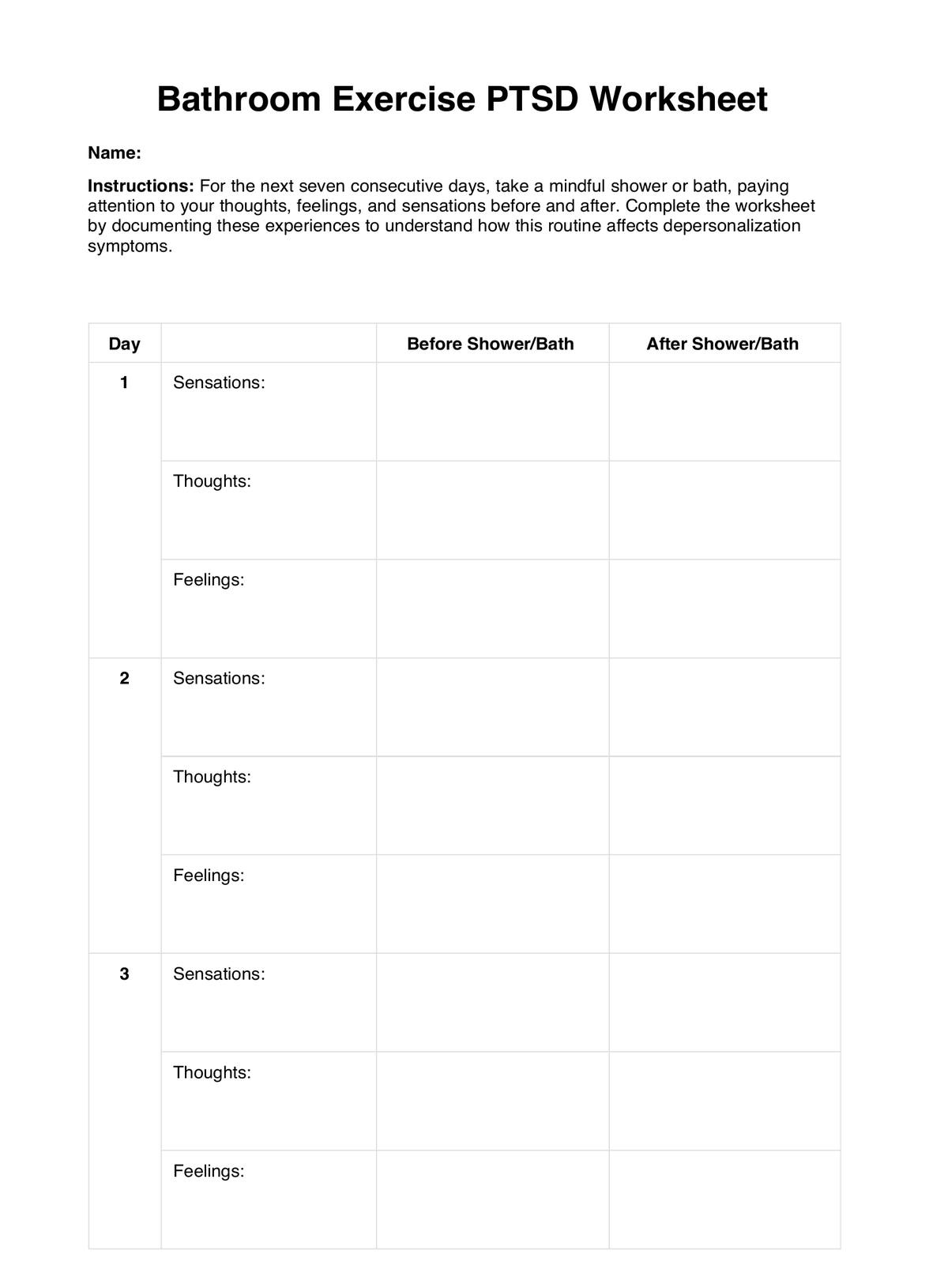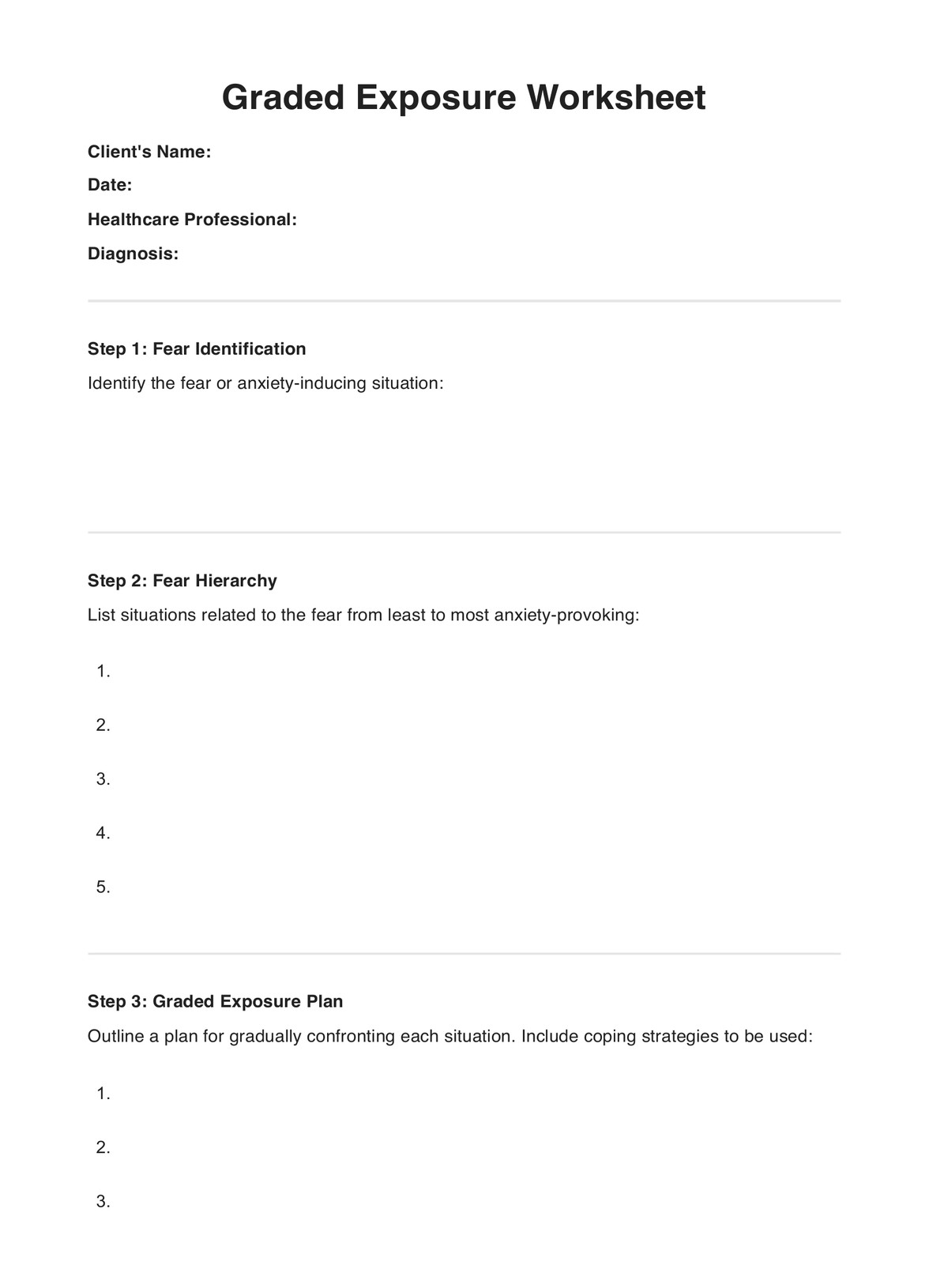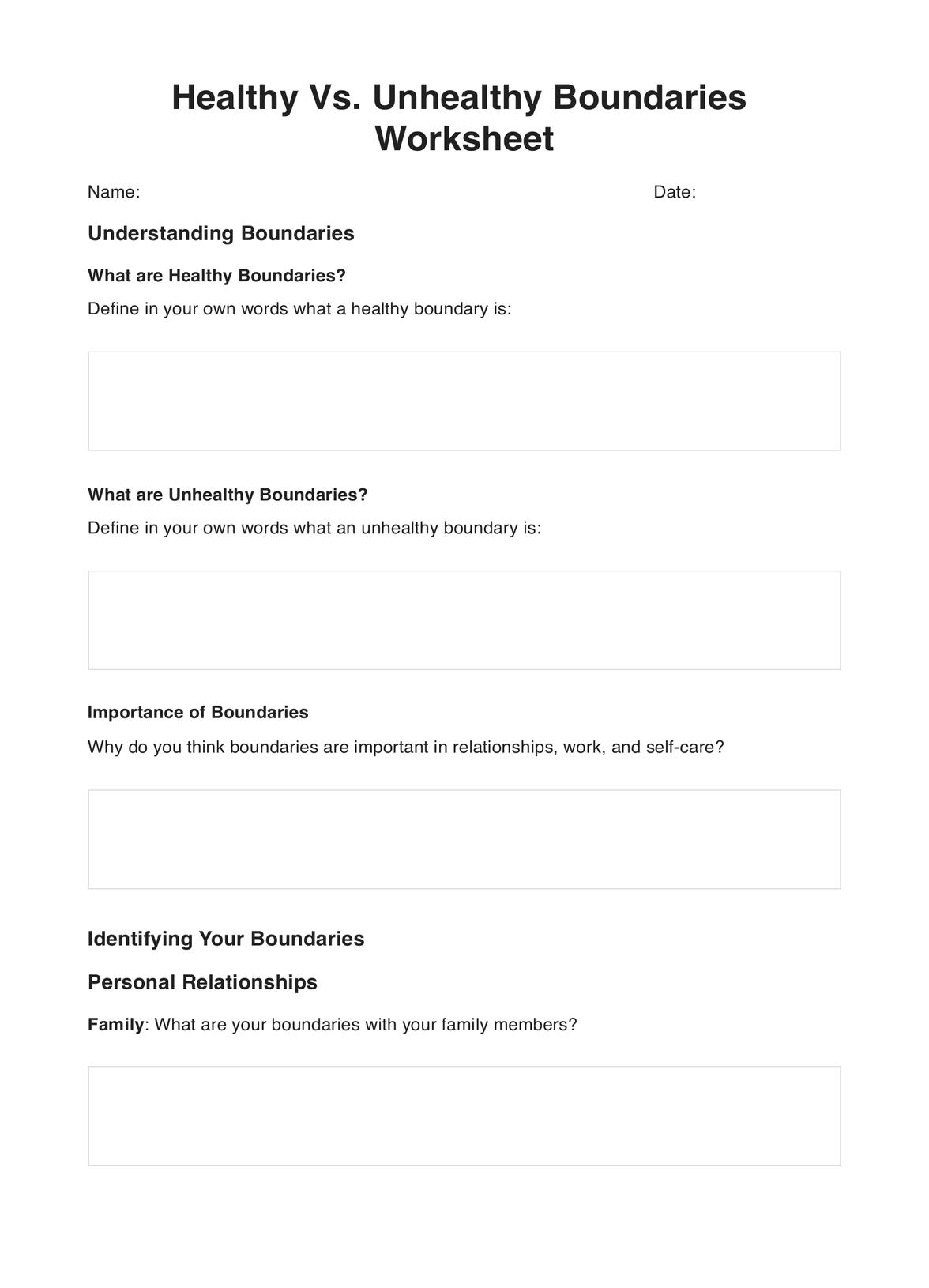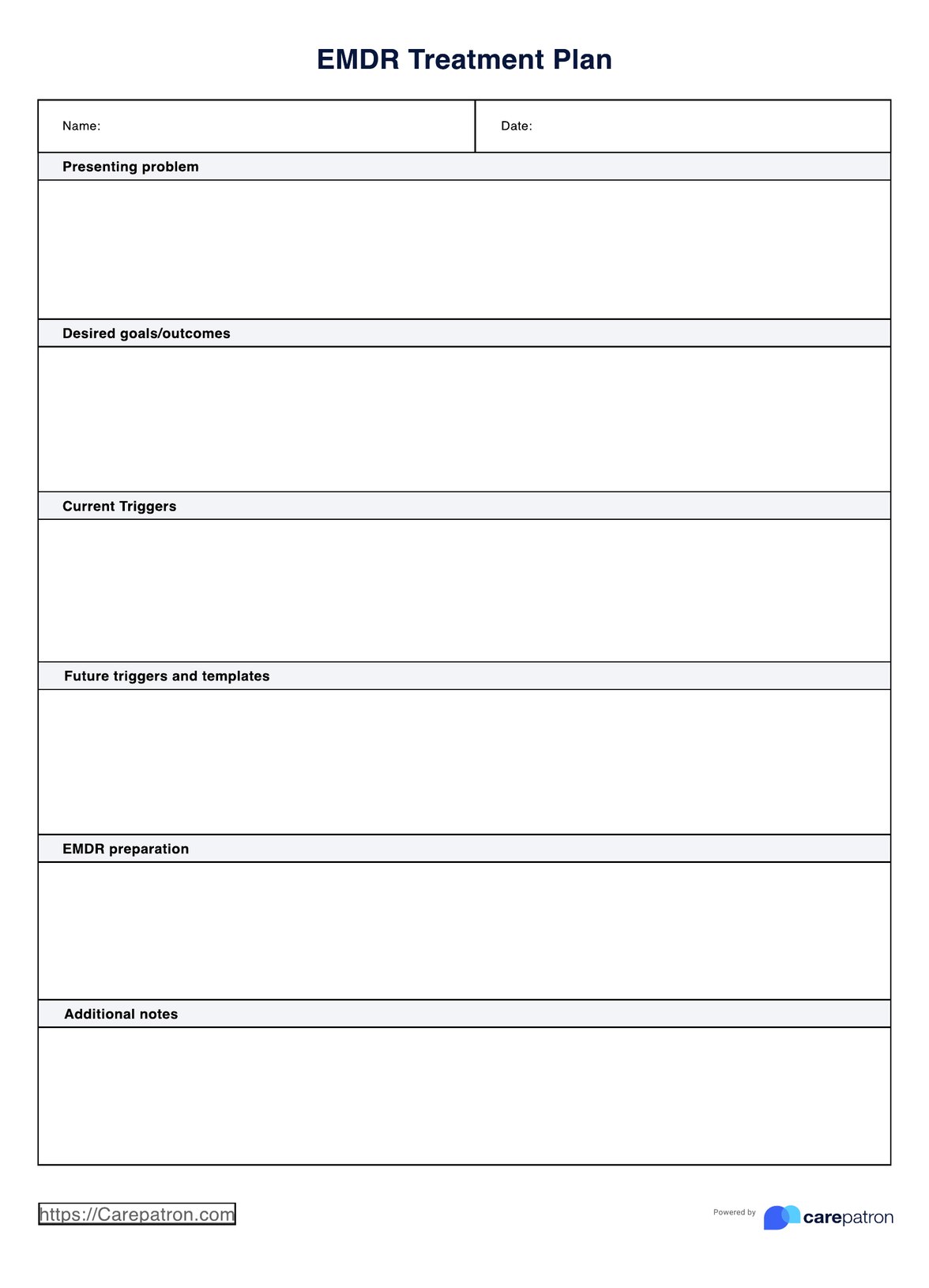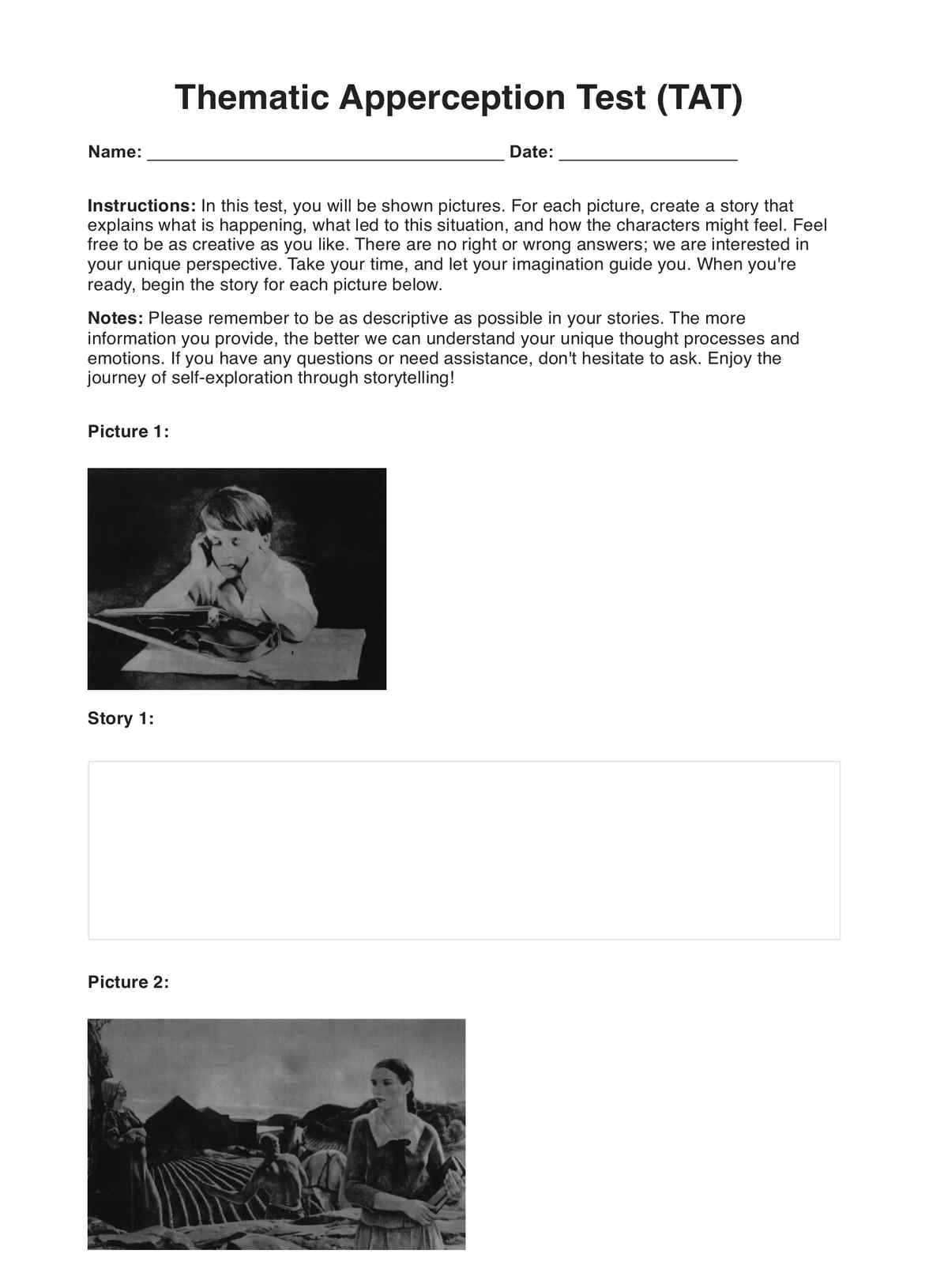Sample Parenting Plan with a Narcissist
Comprehensive sepsis nursing care plan template. Guides assessment, diagnosis, interventions, and evaluation for optimal patient care.


What is a narcissistic parent
A narcissistic parent is an individual with narcissistic personality disorder or strong narcissistic traits who prioritizes their own needs over their children's well-being. They often manipulate emotionally, lack empathy, and have an inflated sense of self-importance. These behaviors can significantly impact their children's emotional development and ability to form healthy relationships.
In co-parenting situations, narcissistic parents often create high levels of parental conflict and may attempt parental alienation. Healthcare professionals should be aware that co-parenting with a narcissist typically requires a detailed parenting plan with firm boundaries, limited communication, and a focus on the child's best interests. Parallel parenting, rather than traditional co-parenting, is often recommended to minimize conflict and protect the child's emotional well-being.
Sample Parenting Plan with a Narcissist Template
Sample Parenting Plan with a Narcissist Example
What does a parenting plan with a narcissist look like
A parenting plan with a narcissist is a detailed, structured document designed to minimize conflict and protect the child's well-being when co-parenting with someone who has a narcissistic personality disorder or exhibits narcissistic behavior.
Here are the key components of a co-parenting plan:
1. Communication guidelines
- Strict rules for communication between co-parents (e.g., using a co-parenting app or email only)
- Limits on phone calls and personal interactions to reduce opportunities for conflict
- Protocols for emergency situations
2. Decision-making framework
- Clear division of responsibilities regarding the child's education, healthcare, and extracurricular activities
- Process for resolving disagreements, possibly involving a neutral third party or parenting coordinator
3. Detailed custody and visitation schedule
- Specific parenting time arrangements with exact dates, times, and locations
- Clear guidelines for holidays, vacations, and special occasions
- Provisions for supervised visitation, if necessary, due to concerns of child abuse or emotional manipulation
4. Transportation responsibilities and exchange
- Transportation responsibilities will be shared equally between both parents unless agreed otherwise.
- When and where the exchanges of the child(ren) will occur, ideally at a neutral and safe location, with minimal interaction between the parents to avoid potential conflict.
- Provisions for if one parent cannot meet their transportation obligation.
5. Parenting conduct
- Guidelines limiting the behavior of a parent in the presence of the children to avoid causing conflict, such as refraining from speaking about the other parent negatively.
- An explicit statement to commit to encouraging and supporting the child's relationship with the other parent
6. Child's emotional well-being
- Provisions for the child's emotional support, possibly including therapy
- Strategies to protect the child from narcissistic abuse and maintain healthy relationships
7. Boundaries and conflict management
- Firm boundaries to protect the non-narcissistic parent from emotional abuse of the narcissistic parent and personal attacks
- Strategies to minimize conflict and maintain focus on the child's best interests
- Guidelines for handling parental alienation attempts
8. Legal safeguards
- Clauses to address potential false claims or manipulation of the legal system
- Provisions for involving a family lawyer or returning to family courts if necessary
- Consequences for violating the parenting plan or court order
9. Flexibility and review
- Provisions for reviewing and adjusting the plan as children grow from younger kids to young adults
- Strategies for adapting to changing circumstances while maintaining firm boundaries
A parenting plan like this aims to create a business-like relationship between co-parents, prioritizing the child's safety, education, and emotional well-being over the narcissistic parent's inflated sense of self-importance or own needs. It recognizes that co-parenting with a narcissist is extremely challenging and seeks to provide a solid framework for navigating this complex journey.
Custodial arrangements
Custodial arrangements in a parenting plan with a narcissistic parent should focus on:
- Clear, detailed schedules for parenting time
- Specific communication rules to limit conflict
- Decision-making processes for child-related matters
- Parallel parenting approach when necessary
- Neutral locations for child exchanges
- Provisions to prevent parental alienation
- Conflict resolution procedures, possibly involving a neutral third party
- Safety measures if there's a history of abuse
- Flexibility for changes as children grow while maintaining boundaries
- Legal enforcement mechanisms
These elements aim to protect the child's well-being and best interest, minimize conflict, set firm boundaries, and provide structure for co-parenting with a narcissistic ex-partner.
Tips when communicating with a narcissistic co-parent
Effective communication is crucial with narcissist co-parenting. The emotionally healthy parent must navigate this challenging relationship and develop strategies while prioritizing their own children's well-being and education.
A detailed parenting plan can help establish firm boundaries and limit opportunities for emotional abuse and parenting issues. Here are some essential tips for communicating with a narcissistic co-parent:
- Maintain a business-like relationship
- Use written communication whenever possible
- Keep conversations focused on the children
- Set and enforce firm boundaries
- Limit personal information shared with the narcissistic parent
- Document all interactions and agreements
- Use a neutral tone and avoid emotional responses
- Stick to facts and avoid engaging in arguments
- Consider using a parenting communication app or strengthening communication rules
- Implement parallel parenting when necessary
- Be consistent with rules and schedules
- Avoid discussing the other parent with the children
- Seek support from a therapist or support group
- Use a mediator or parenting coordinator if needed
- Prioritize self-care and emotional support for yourself
By following these guidelines, the non-narcissistic parent can better manage interactions with their narcissistic co-parent, reduce conflict, and create a more stable environment for their own children as they grow from young children to young adults.
Decision-making framework
In a sample parenting plan with a narcissist, establishing a clear decision-making framework is crucial for effective co-parenting and a healthy child's well-being. This framework should outline how the narcissistic parent and the other parent will make important decisions regarding their own children's upbringing, education, health, and other significant matters.
A solid parenting plan should specify which decisions require mutual agreement and which can be made independently by each co-parent. Provisions that prevent the narcissist parent from dominating or manipulating the decision-making process should be included, as well as those ensuring that both parents have input on major issues.
The framework should also include a dispute resolution process, such as mediation or consultation with a neutral third party, to address situations where the co-parents cannot agree. This structured approach helps minimize conflict, protects the children's best interests, and provides a clear roadmap for navigating the challenges of co-parenting with a narcissistic or potentially abusive parent.
Navigating financial responsibilities
When co-parenting with a narcissistic ex or narcissistic co-parent, managing financial responsibilities can be particularly challenging. Here's how to approach this aspect of the co-parenting journey:
Establish clear financial agreements
Develop detailed parenting plans that explicitly outline financial obligations for child-related expenses. This helps prevent the narcissistic parent from manipulating financial matters.
Document all transactions
Keep meticulous records of all child-related expenses and payments to protect yourself in case of disputes or legal system involvement.
Use a business-like approach
Treat financial discussions as you would a business relationship, focusing solely on the children's needs and avoiding personal conflicts.
Utilize technology
Employ co-parenting apps or shared spreadsheets to track expenses and parenting time, reducing direct communication and the potential for narcissistic behavior.
Seek legal guidance
Consult with a family law attorney to ensure child custody agreements and financial arrangements are legally sound and enforceable.
Commonly asked questions
Develop a detailed, structured plan that limits direct communication, sets clear boundaries, and focuses solely on the children's needs. Use parallel parenting strategies and consider involving a neutral third party for mediation.
Establish clear, written communication guidelines, limit personal interactions with the narcissistic parent, use a business-like approach in all dealings, and document all exchanges. Focus on your children's well-being rather than engaging in conflicts with the other parent.
Advise parents to maintain consistent, loving behavior with their children and avoid speaking negatively about the other parent. Recommend creating a safe, stable environment during parenting time. Suggest seeking support from a therapist or support group to manage emotional well-being. Emphasize the importance of documenting interactions and adhering to the co-parenting plan.


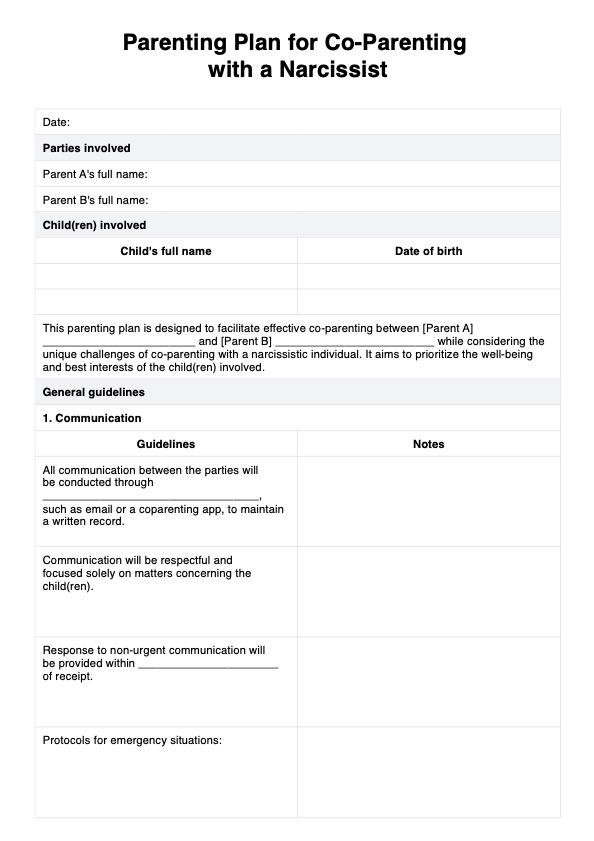
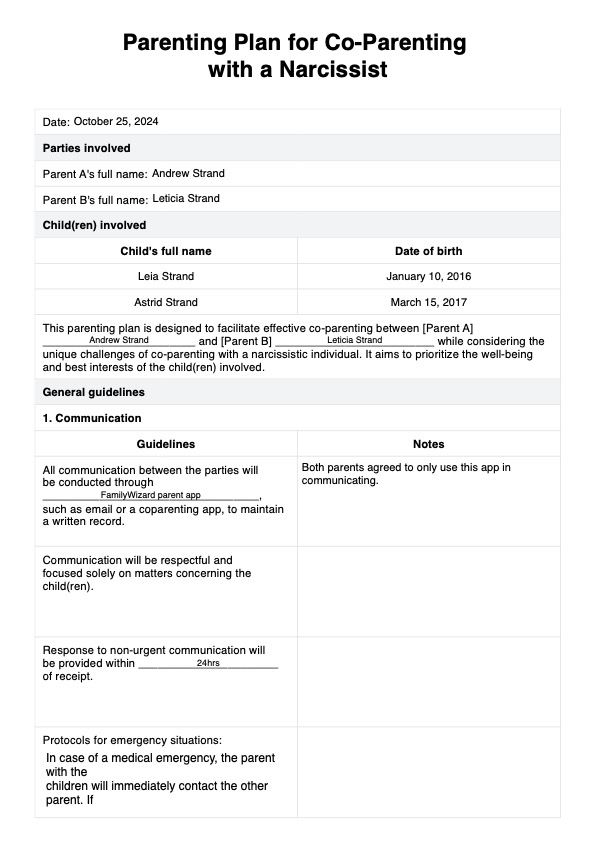
















-template.jpg)


